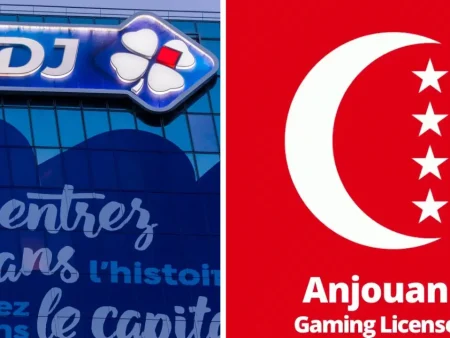The Gambling Regulatory Authority of Ireland (GRAI) has officially released its long-awaited licensing guidelines. It is preparing to launch Ireland’s first unified gambling regulatory system under the new Gambling Regulation Act 2024.

The guidelines reflect Ireland’s effort to significantly increase regulations in the iGaming industry. They introduce a new level of consumer protection and oversight for both traditional and online gambling services.
The new guidance outlines a comprehensive set of rules for companies seeking B2C (Business-to-Consumer) and B2B (Business-to-Business) licenses. It introduces a new seven-step application process, starting with the submission of a Notice of Intention 28 days before the formal application. Potential license-holders must submit detailed documentation outlining corporate governance, beneficial ownership, financial viability, and internal compliance systems.
The authorities will roll out the new regulations in phases due to the high expected number of applications. With the process starting in the second half of the year, B2C licenses will take priority. GRAI says it designed the tiered rollout to ensure each application receives adequate scrutiny and evaluation.
Regulators designed the process to subject each submission to a meticulous risk-based assessment and eliminate all shady operators. Courts and An Garda Síochána can still issue lottery licenses.
To start the new licensing regime before the start of 2026, the publication of guidelines signals the firm GRAI intention. The new regulations aim to modernize Ireland’s iGaming industry and provide comprehensive coverage of all potential issues. They address gaps in the current legislation—namely, the Betting Act 1931 and the Gaming and Lotteries Act 1956—which lawmakers have left outdated and fragmented.
Nonetheless, getting a license is just a first step. Operators will have to subject themselves to regular audits in order to keep it. Moreover, they will have to report any material changes in their business. This includes changes in ownership, key staff, as well as operational control. The goal is to build and maintain a high level of integrity throughout the sector.


